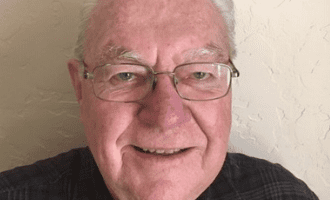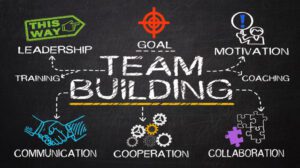Last semester, Hans asked his class whether we learn from history. Class participants agreed that change can best start at a local level. This class will demonstrate how we, as individuals, can make a difference.
Today, society seems incapable at times of focusing on solutions to problems rather than venting anger and frustration toward the problems. It happens at state, national, and even local government levels — and worse, among our neighbors and family members.
Hans is back this semester in collaboration with Lynn Randle for a new exercise in problem solving that can help be the basis of change in our communities of the Eastern Shore. In this two-session course, Hans and Lynn will present a structured problem-solving approach to addressing local community problems that garner substantial interest.
This highly interactive dialog format engages all participants in being part of the solution.
Course participants will explore the common elements of problem solving. This will include identifying community concerns (problems), prioritizing these concerns by importance and urgency, and lastly, learning how to outline pragmatic and effective action steps that can lead decision makers down a path of agreement with our suggested solution.
As a group, we will walk through the exercise using the issue of “lack of passive green spaces in Easton” as an example before selecting issues to consider for Session 2.
In Session 2, we will try our hand at putting these issues through Hans’ problem-solving approach, offering up suggestions in a constructive and supportive manner to test and refine the approach for influencing change at a local level.
What to Expect: This interactive course will help put the right tools in the hands of an informed group of citizens in search of future change.
Feedback from Hans’ and Lynn’s past courses:
“Well organized lesson plan that encourages thoughtful & engaging conversation.”
“Thought-provoking! And I learned a lot, which is my goal in being there.”
“This was a great discussion. I really like the discussion format and am always pleased to find people in the class who have a lot to share and who shed light on the subject – which in this case was an important one.”
Course Links:




